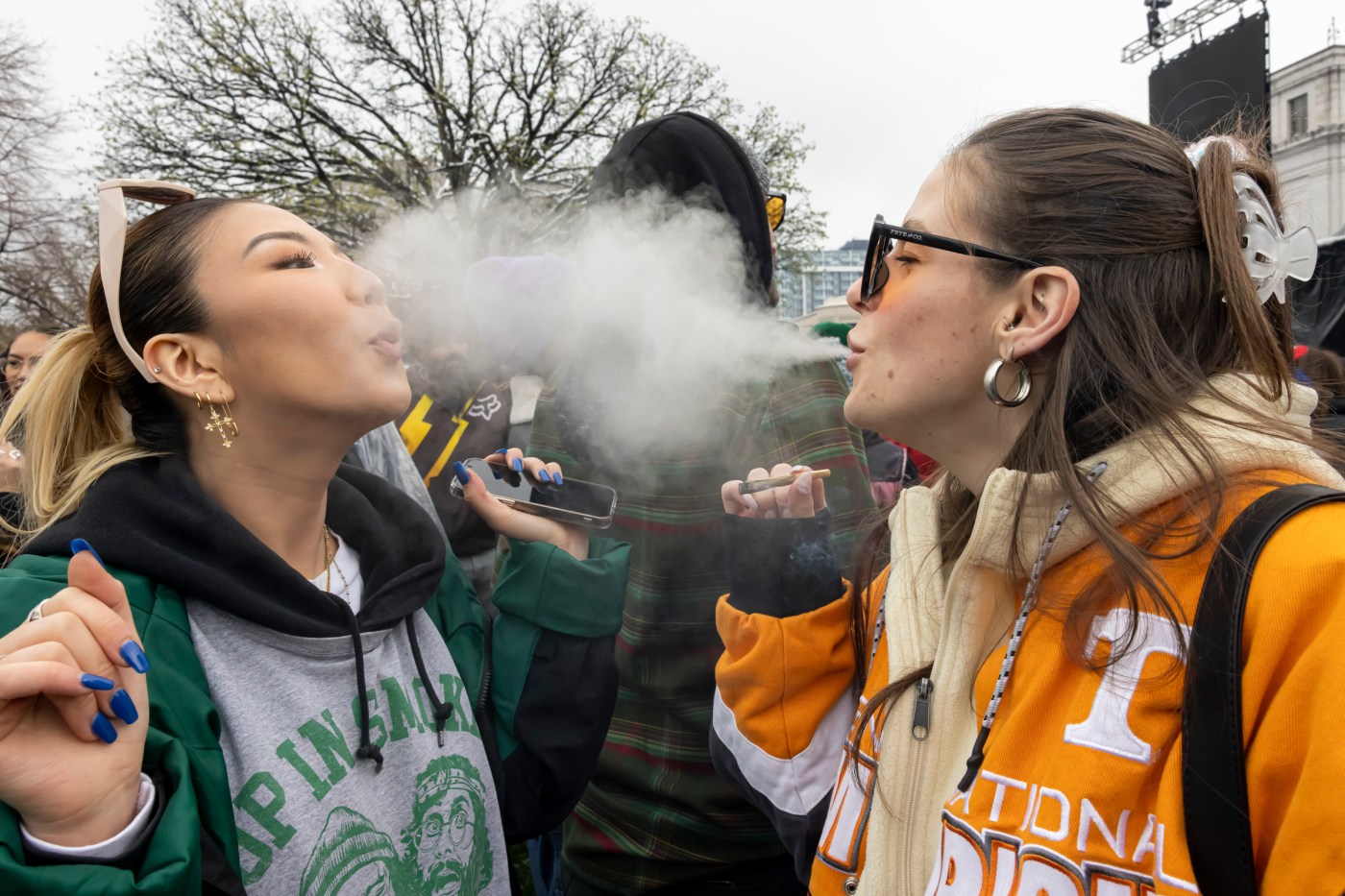Medical marijuana is extracted from cannabis plants and is used to treat the different symptoms associated with various health conditions. Medical marijuana is also used to treat the side effects caused by a few traditional drugs. Medical marijuana is proven effective for people requiring a naturally therapeutic alternative.
Medical marijuana undeniably provides various health benefits for both young and old, as traditional drugs or conventional treatments fail to cure the debilitating symptoms of certain medical conditions. Using marijuana for medical purposes has become a new trend.
Marijuana is extracted from the cannabis plant. Marijuana has many cannabinoids. The most significant of them are:
THC
THC can affect the brain and cause a “high” effect.
CBD
This element of marijuana does not cause a “high” effect and has many other beneficiary effects for the body.
Medical marijuana is also famous as medical cannabis. Medical marijuana is a plant-based drug that dispenses patients with a prudent and more beneficial natural alternative to traditional medications. Medical marijuana is used to treat the symptoms of mental and physical conditions rather than treating the ailment itself. For instance, people who suffer from pain associated with cancer get a reduction in pain by using medical marijuana. But it does not cure cancer itself. Patients with the following medical conditions or symptoms may get relief by using medical marijuana:
- Cancer
- Fibromyalgia
- Chronic pain
- Post-traumatic stress disorder
- Anxiety and depression
- Tourette syndrome
- Alzheimer’s disease
- Glaucoma
Marijuana is successfully used for treating pain. People also use medical marijuana as an alternative to opioids. Medical marijuana is also effective for chronic and nerve pain such as Diabetic Neuropathic pains.
The decision to take medical marijuana or traditional drugs is ultimately up to the condition or symptoms of a disease. A medical professional can help guide you on which is more appropriate for your situation. Discuss your condition and symptoms with a medical professional who reviews your medical record and may perform an examination and then recommends traditional drugs or a better alternative, i.e., medical marijuana, that may be good for you.
No doubt, medical marijuana has fewer side effects than traditional drugs, especially painkillers, and opioids. Some known risks of conventional medications that the use of medical marijuana can avoid are:
- Overdose
- Addiction
- Allergies
- Drug interactions
- Organ damage
Remember that every traditional drug has associated risks like chemical reactions or behavioral addiction. In contrast, medical marijuana can reduce the effects of these reactions, mood disturbance, and pain relief. Studies show that compared to traditional drugs, the side effects of medical marijuana are much less and mild.
According to recent studies, only three medications that contain THC and CBD are approved by the FDA. These medicines are approved for specific symptoms of certain medical conditions like severe seizure disorder, severe vomiting caused by chemotherapy sessions, or significant weight loss due to HIV/AIDS. These medicines are:
Epidiolex
This type of CBD extracted from plants is approved for curing the symptoms associated with severe seizure disorders, including Lennox-Gastaut syndrome and Dravet syndrome.
Dronabinol
This synthetic type of THC is used to cure nausea, vomiting, and weight loss due to chemotherapy or HIV/AIDS.
Nabilone
This synthetic type of THC is used to cure vomiting, nausea, and weight loss due to chemotherapy or HIV/AIDS.
Another product named “Sativex” is an oral spray. This spray contains THC and CBD, used to relieve muscle pain and spasms associated with issues of multiple sclerosis. The problem is that the FDA does not approve this spray in the USA. Contrastingly, it is approved and available in Canada, Mexico, and some European countries.
New research indicates that people with chronic pain, anxiety, depression, neuropathic pain, PTSD, and children with Autism are more tending to use medical marijuana as compared to traditional drugs. People with mental health conditions prefer to use medical marijuana rather than opioids. In a research held in Canada, 250 patients were prescribed medical marijuana for curing chronic pain, mental health issues, or gastrointestinal issues. According to the results, 63% of patients experience much more relief in pains and symptoms associated with their health conditions as compared to earlier used traditional drugs.
One of the main reasons for preferring medical marijuana over traditional drugs might be the lower side effect ratio and significant benefits over conventional medications. The patient also believes that medical marijuana is much safer than traditionally prescribed drugs such as opioids, resulting in many harsh side effects on human health in the past decade.
The use of medical marijuana is increasing worldwide as knowledge is growing about its benefits for human health. FDA approves various marijuana-based medications that contain THC and CBD. Many people prefer to use medical marijuana over their traditional drugs. Some people even stop using their chronic opioids.
Medical Marijuana is a cheap and effective alternative to high-priced traditional drugs. But one should use it carefully and for medical purposes only. Remember that excess of everything is harmful to health. A slight negligence may lead to a more significant loss. Always consult your medical professional before starting or switching to any new medication.


 Cannabis News1 year ago
Cannabis News1 year ago
 One-Hit Wonders1 year ago
One-Hit Wonders1 year ago
 drug testing5 months ago
drug testing5 months ago
 Cannabis 1011 year ago
Cannabis 1011 year ago
 Marijuana Business Daily1 year ago
Marijuana Business Daily1 year ago
 Education1 year ago
Education1 year ago
 Education1 year ago
Education1 year ago
 Cannabis1 year ago
Cannabis1 year ago


























